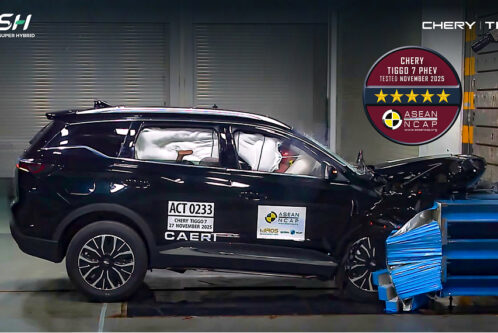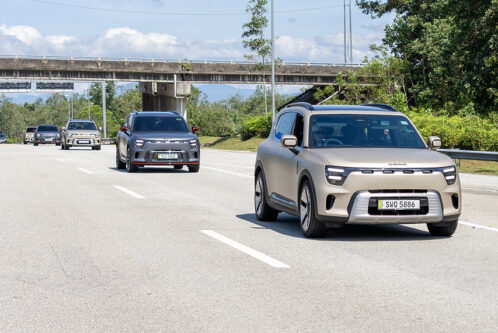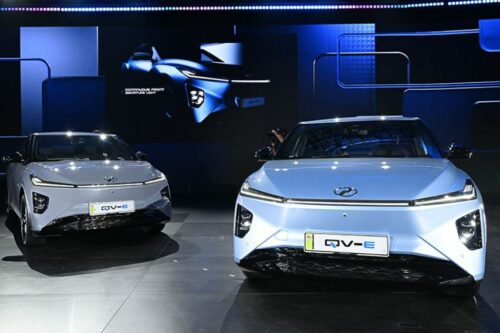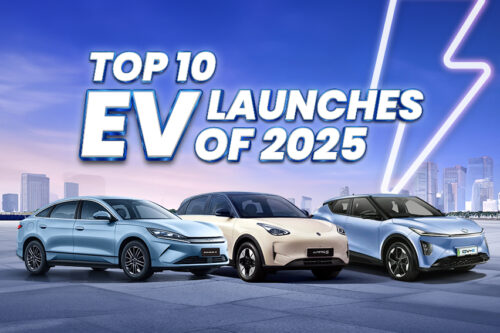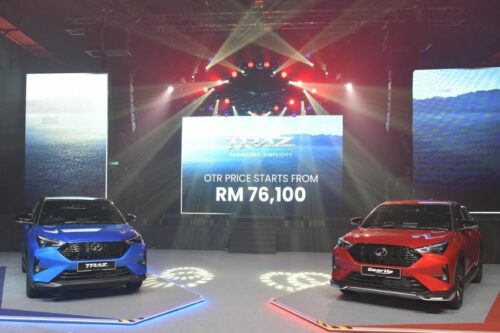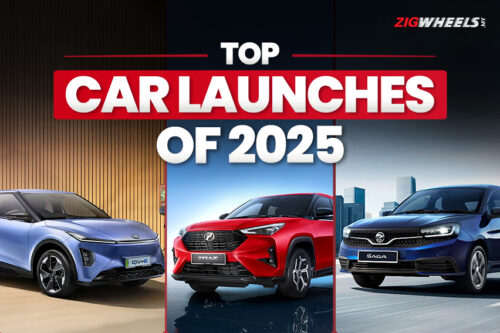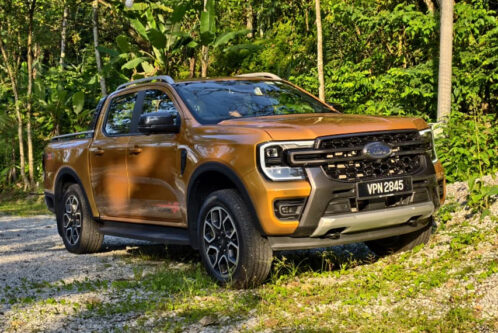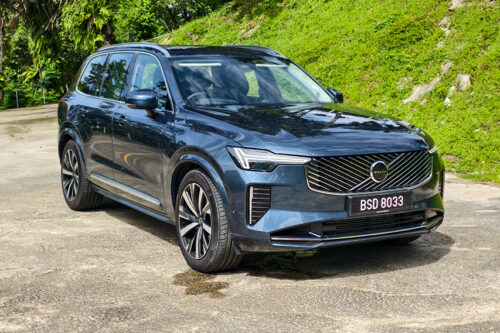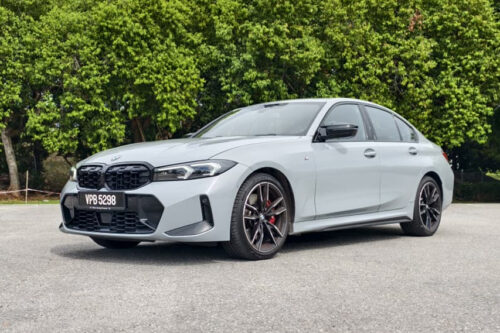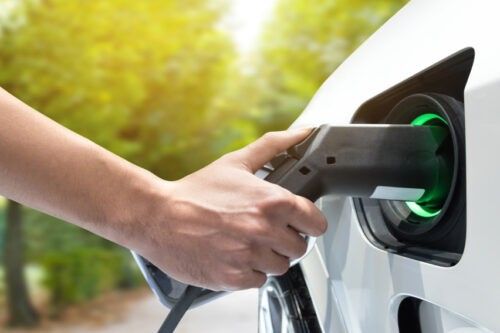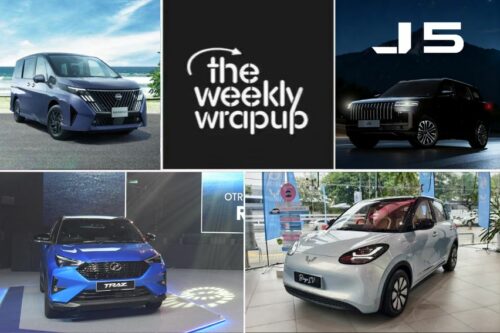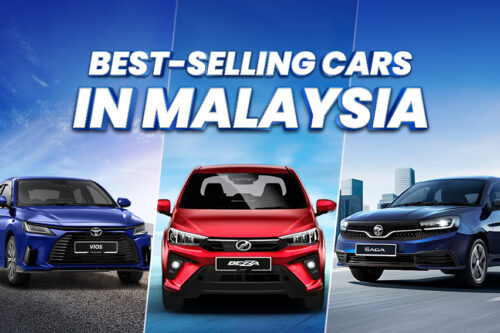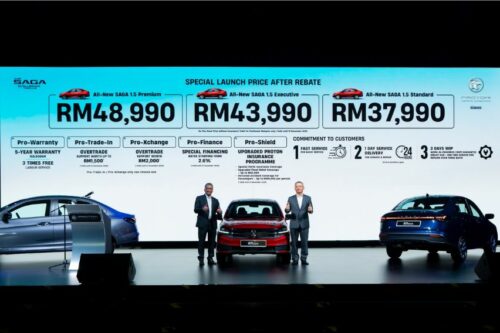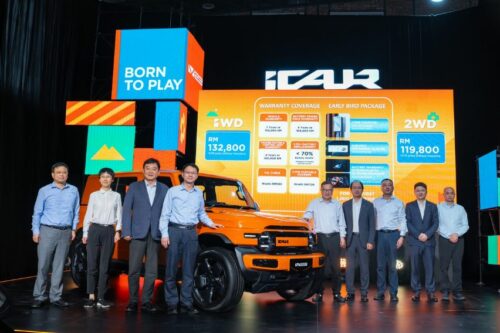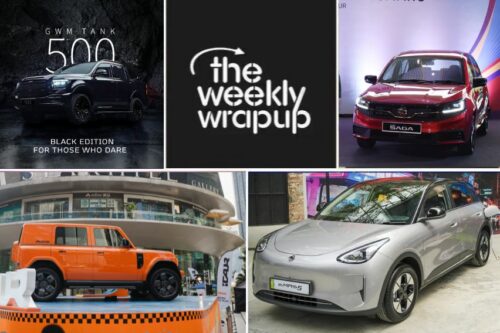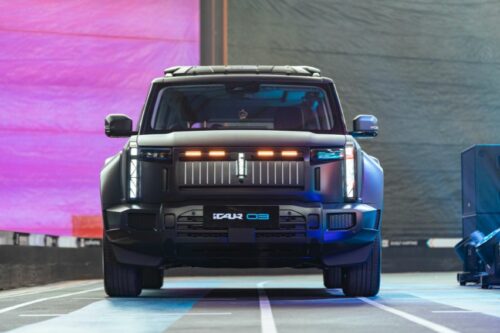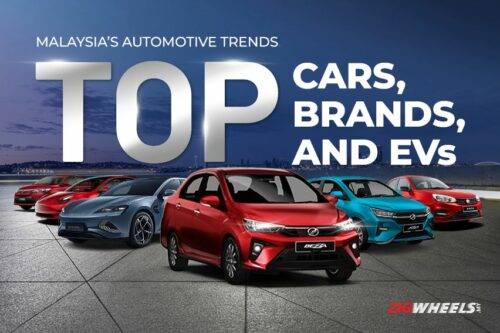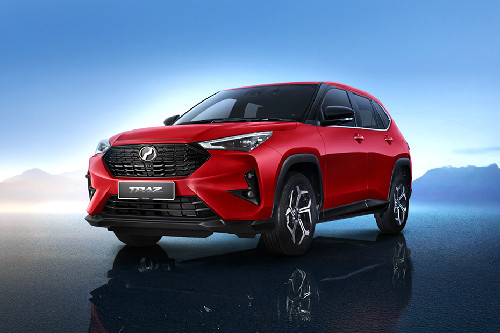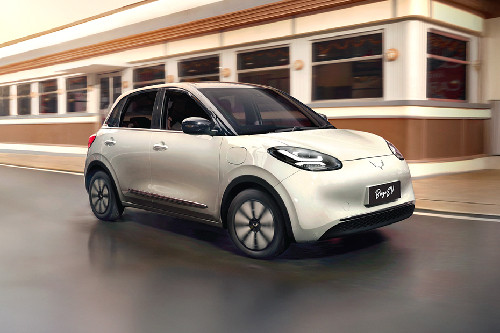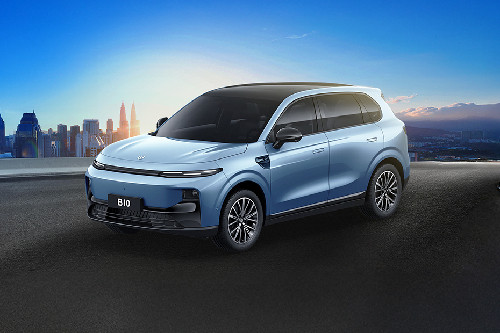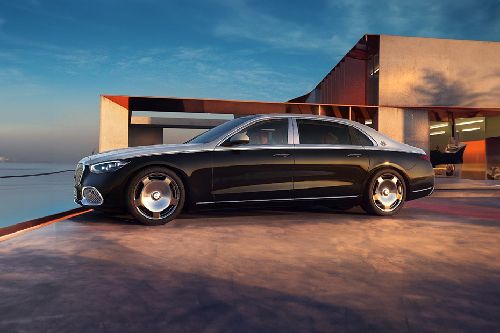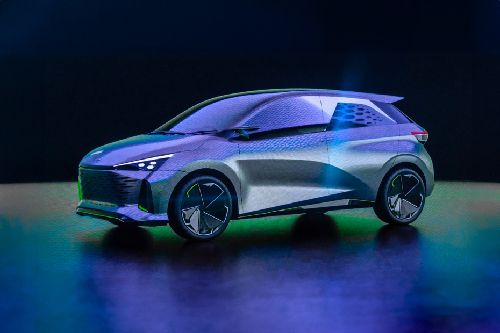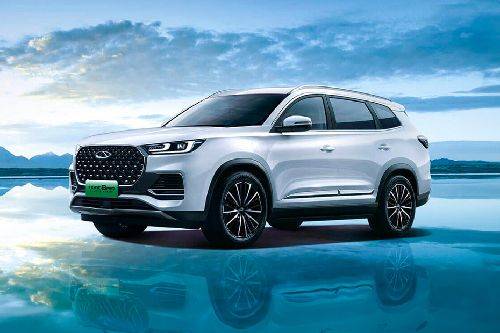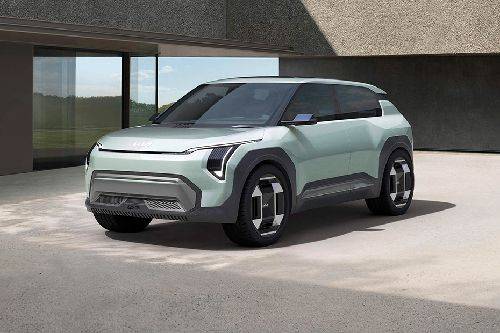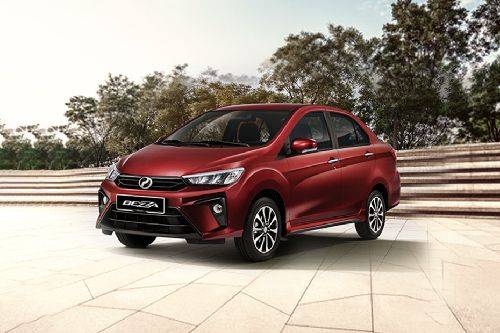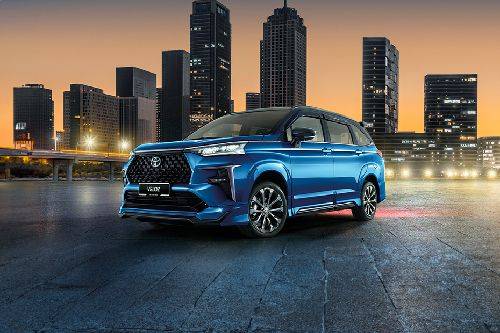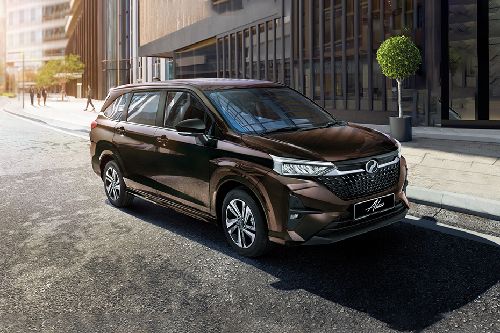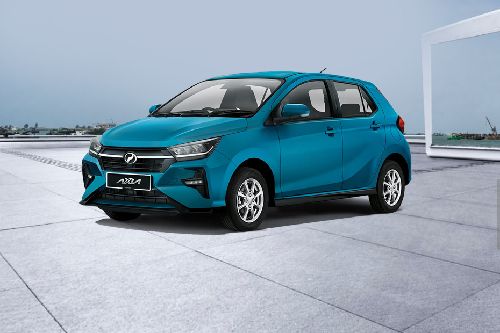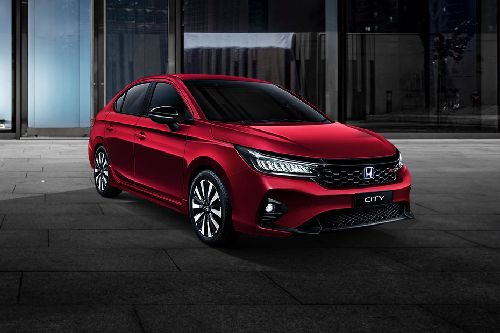Why is the Foxconn investment in Malaysia very important?
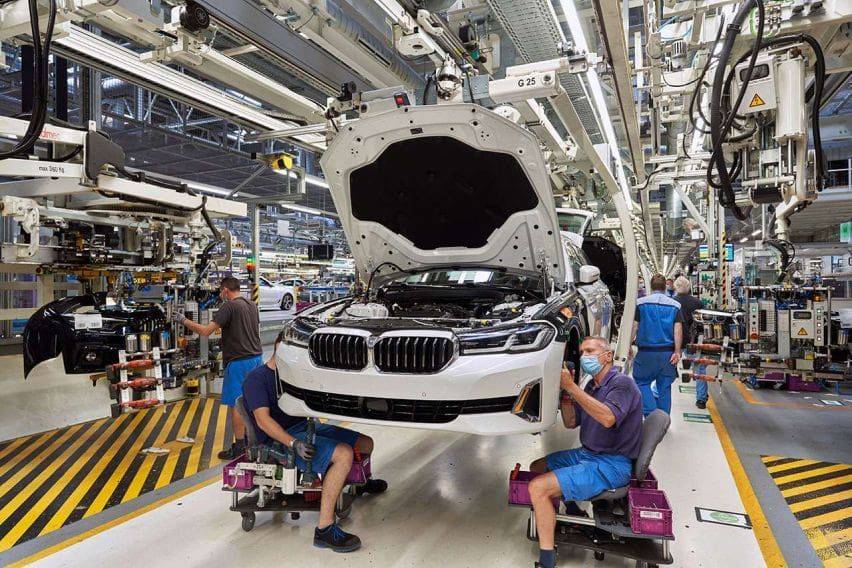
We think it is better than having a Tesla investment.
In the past couple of years, there has been a lot of social media buzz in Malaysia about the movement of new car factories into Indonesia, Thailand and even more surprising, land scarce Singapore.
More than a decade ago, Malaysia was still the biggest automotive hub in ASEAN and it was also the biggest consumer of new cars in ASEAN, year on year. Malaysia used to be the favourite place for car manufacturers to come and set up ‘shop’.
However, as the years passed, our ‘appeal’ as a country for vehicle factory and parts investment reduced drastically and Thailand (the region of Rayong in Southern Thailand) started getting the ‘lions’ share of investment. What was more surprising was the number of Malaysian owned vehicle parts vendors who set up state-of-the art factories to manufacture and supply parts to new large car factories in Rayong, Thailand.

With Ford, General Motors and even BMW having large factories and increasing demand in Thailand, Malaysian vendors partnered with European parts manufacturers in Thailand to supply locally and also export back into Malaysia.
We were losing out as the Malaysian Automotive Institute (MAI) now rebranded as MAAri started pushing for tough requirements with uncertain and vague incentives. This increased Thailand’s exposure and also with clearly defined incentives, Thailand was the place to invest.
Soon, the same happened in Indonesia and a number of Malaysian car parts vendors also opened factories there and global car manufacturers started investing in new car factories.
But it was in the last three years that things got ‘heated’ when Hyundai made the decision to build a brand new factory in Indonesia for their new range of electric vehicles. Then a decision to also have a smaller research, development and also assembly facility in land scarce Singapore for the Hyundai IONIQ 5 electric car. Plus, American EV manufacturer Tesla was in talks with the Indonesian government for an EV battery factory and a possible Tesla car factory.
By-passing Malaysia, it caused a social media stir and Malaysians were unhappy about the lost investment as these were ‘brands’ that were in the social media limelight.
Malaysia was having a labour shortage for factories and plantations and Thailand and Indonesia had a large populations. It just made good economic sense. Plus, both countries had clear defined incentives to start a business.
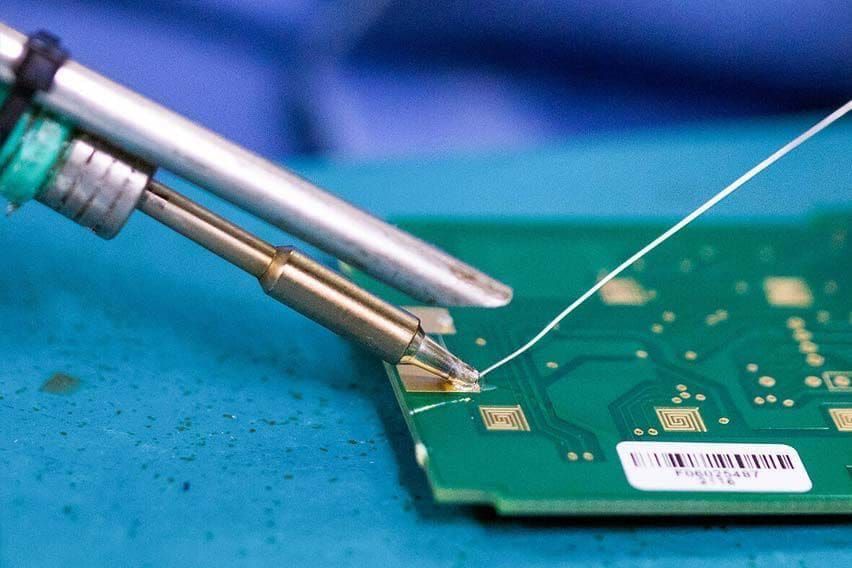
So, the Malaysia Trade Ministry looked at the technology industry that supports the automotive industry. This is where the direction for higher wages and low emission factories comes from. It started with news about Foxconn partnering with Malaysian technology company DNeX to start a semiconductor chip factory. This was better news over a Tesla factory but most Malaysians did not understand the huge business implications.
Then came news on the RM500 million investment by Ferrotec Holdings which produces electro-mechanical assembly and advanced material fabrication for semiconductor equipment. This means that Malaysia will soon have more technology driven investment and will be supplying the technology items, like ‘chips’ to car factories in Thailand and also Indonesia. These investments are better and will ultimately attract more similar factories to Malaysia.
Also read: Is the Malaysian car sales market shrinking or not?
Malaysia Autoshow
Trending & Fresh Updates
- Latest
- Popular
You might also be interested in
- News
- Featured Stories
Featured Cars
- Latest
- Upcoming
- Popular
Latest Car Videos on Zigwheels







